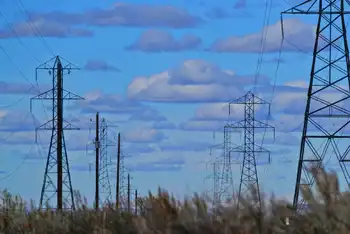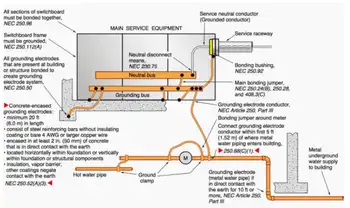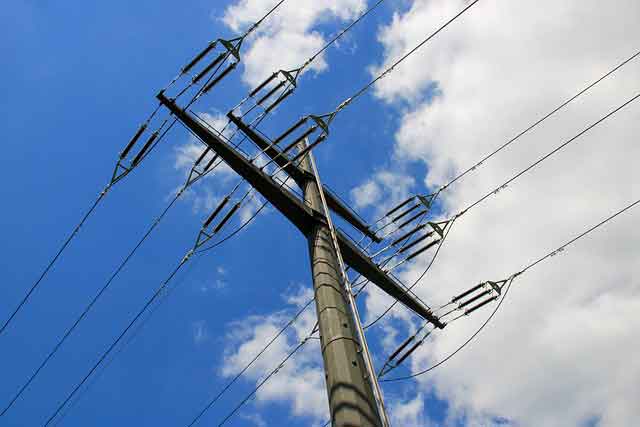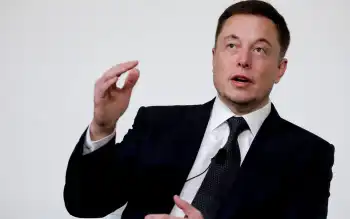U.S. National Policy Think Tank Commends Texas Electricity Restructuring
AUSTIN, TX - -- Texas' approach to restructuring its electric utility industry to allow customer choice among competing providers avoids many of the mistakes made in California, and appears "poised to succeed," according to a new study released by the Reason Public Policy Institute (RPPI) a national public policy think tank based in Los Angeles.
The report, prepared by Lynne Kiesling, Ph.D., director of economic policy for RPPI, outlines several electric deregulation plans in the United States and abroad that have "avoided the mistakes of California," including the Texas Electric Choice plan.
"Texas' electricity deregulation legislation, and its process to date, suggest that deregulation can and will generate benefits for both customers and suppliers," Kiesling states in her report.
"For those repelled by the politicized restructuring in California, Texas' plan provides an antidote," The report notes, adding that, "Texas appears poised to succeed in realizing the benefits of electricity deregulation."
A complete copy of Kiesling's study, titled, "Getting Electricity Deregulation Right: How Other States and Nations Have Avoided California's Mistakes," can be downloaded from www.powertochoose.org, or by calling one of the media contacts listed on this release.
The Texas Story: Trying to Get Deregulation Right The report describes the deregulation program and explains why Texas' plan could be considered the national blueprint for deregulation. Kiesling highlights four areas that have contributed to the success of the Texas Electric Choice program:
-- Plant construction and electricity supply. Texas has a predictable and efficient regulatory process for constructing generation plants, and the state has added plenty of generating capacity to meet the state's high demand.
-- Use of financial markets to manage risk. Texas will not establish a centralized electricity market, but will instead allow buyers and sellers to make transactions as they see fit through for-profit financial markets. This flexibility will enable all market participants to limit their risk (and their customers' risks) of energy price volatility, and to be creative in devising financial instruments to manage that risk.
-- Retail pricing and price caps. The Texas legislation stipulates a "price to beat," or default price, that is 6 percent below the January 1999 average price. The price is low enough to generate price decreases for consumers, but high enough for market entrants to see profit potential. The "price to beat" then becomes a retail cap that is effective for only five years.
-- Texas has learned from its predecessors. Officials from Texas used experience gained from other states and countries that had restructured electricity markets to correct what they perceived as faults in other restructuring plans.
The report also notes the benefits of variety and differentiation of service offerings in competitive markets. A deregulated environment allows suppliers to develop and offer a number of new products and services, such as renewable energy, monitoring technology, and real-time pricing.
"The Commission was very pleased to see the Texas plan receive independent recognition for its forethought and strategy," said Chairman Max Yzaguirre of the Public Utility Commission of Texas. "We will continue to monitor the deregulation process, and have confidence that the long-term success of the Texas plan will benefit both customers and the Texas economy."
Lynne Kiesling is director of economic policy at Reason Public Policy Institute. She is also visiting associate professor of economics at Northwestern University. Her previous positions include assistant professor of economics at the College of William and Mary, and manager in the Transfer Pricing Economics group at PriceWaterhouseCoopers LLP. She has a doctorate in economics from Northwestern University, and has published extensively in academic journals.
Related News

Manitoba's electrical demand could double in next 20 years: report
WINNIPEG - Electrical demand in Manitoba could more than double in the next 20 years, according to a new report from Manitoba Hydro.
On Tuesday, the Crown corporation released its first-ever Integrated Resource Plan (IRP), which not only predicts a significant increase in electrical demand, but also that new sources of energy could be needed in the next decade.
“Right now, what [our customers] are telling us, with the climate change objectives, with federal policy, provincial policies, is they see using electricity much more in the future than they do today,” said president and CEO of Manitoba Hydro Jay Grewal.
“And our current,…




